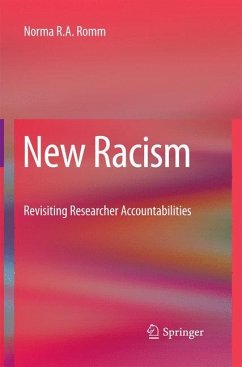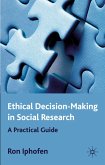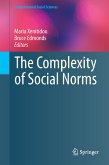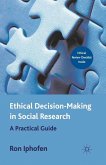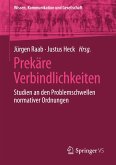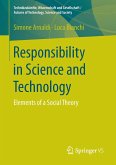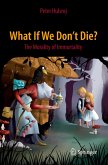This book develops a debate around responsible social inquiry into new racism. A variety of ways of researching new forms of racism (for example, aversive, modern, cultural, purportedly color-blind, and new racism) are addressed. Experiments that have been undertaken to inquire into group identity and people's implicit bias in relation to those perceived as "other" are critically explored and their potential consequences reconsidered. The book also critically explores survey research, which, it is argued, can serve to reinforce the notion of the existence of ethnoracial groups with defined boundaries that inhere in social life. The book considers interviewing (including focus group interviewing) and case study research (including participant observation/ethnography) in terms of possibilities for moving beyond new forms of racism. Action research (defined by the understanding of an inextricable link between knowing and acting) is examined in-depth in terms of the hopes to "make a difference" at the moment of inquiry. Types of retroductive logic that are used to examine underlying structures that arguably unduly constrain people's life chances and render human relationships inhumane are also explored. The book draws together the different arguments; and it proposes ways in which the design of research into new racism can better approached as well as ways in which dialogue around processes of inquiry and the products thereof can be better fostered. Suggestions for nurturing humane social relationships that provide for transcultural meaning-making are threaded through the text.
Bitte wählen Sie Ihr Anliegen aus.
Rechnungen
Retourenschein anfordern
Bestellstatus
Storno

